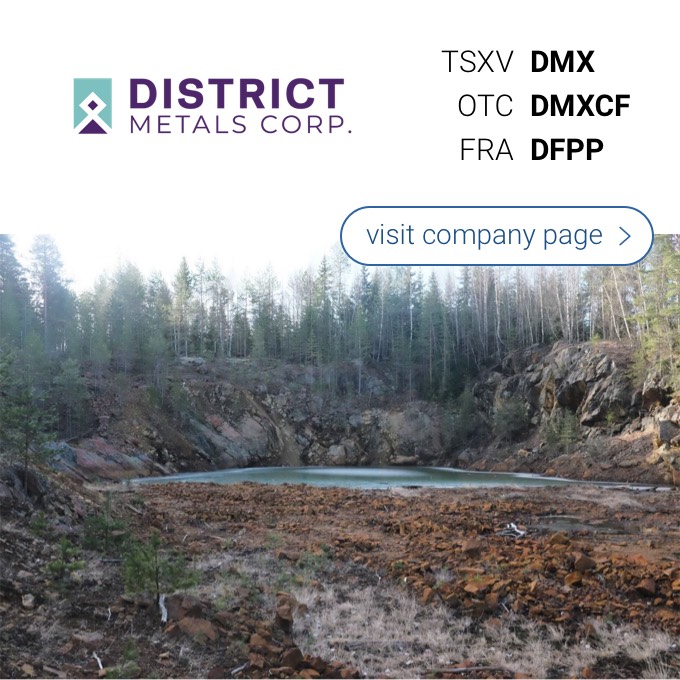We had a short conversation with Carl Swensson, Technical Director of Global Metals Exploration NL, explaining the results of the BLEG (Bulk Leach Extractable Gold) -exploration programme at Jutson Rocks and how to interpret them. This is an integral paste of Carl’s answer:
Geologists analyse most materials using an acid digestion that dissolves all of the elements of interest such as gold, copper etc. In the case of gold and many other metals this method detects the gold that is very lightly held on the surfaces of iron oxide particles and organic compounds as well as gold tightly held in stronger chemical positions such as silicates and sulphides. The results are reported in levels of parts per million (ppm).
The BLEG technique is looking to detect very lightly held gold at the atomic rather than molecular level on iron and manganese surfaces or in organic compounds or even as colloids in soil. The reason we are interested in this type of gold is that it travels a long way and we can use much fewer samples initially. The method is very sensitive and can detect gold down to levels of parts per trillion. To screen out the effects of coarse gold or gold held in silicates etc, we use a partial digestion technique using cyanide rather than acids. Hence we only detect very low amounts of gold with results reported in parts per billion (ppb).
In geochemistry it is not the absolute level of abundance of an element which is important but how many times greater it is above the natural background level for that element in that area. The results we have for the BLEG assays at Jutson’s rocks are not only very high (up to +30ppb) but the background is less than 1ppb. The number 4ppb that we are using as the lower limit of interest represents the 95th percentile level (this means that statistically you have 5 chances in 100 of getting this level just by chance). The initial RAB drilling has returned excellent results and was targeted on the BLEG values showing the technique works very well indeed. We use auger geochemistry at much denser sampling to define the BLEG gold anomaly with much more precision to allow us to position a drill hole and of course the assay method we use gives much higher absolute gold values.
Disclosure: Global Metals Exploration NL is a sponsoring company. Please see our disclaimer for current positions.
